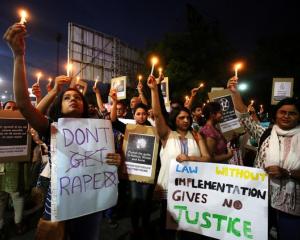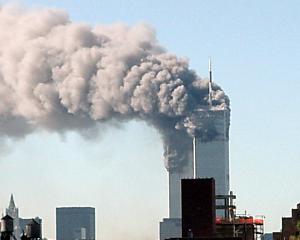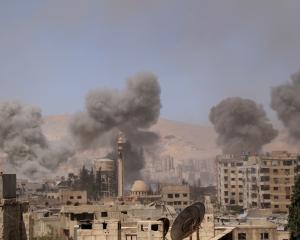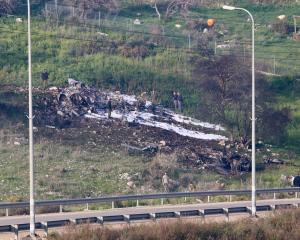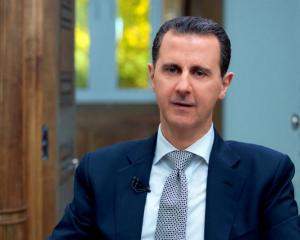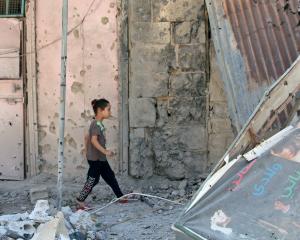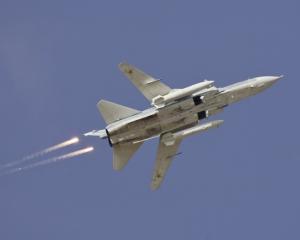Syrian rebels are no longer committed to a UN-backed peace plan that has failed to end the violence and have launched attacks on government forces to "defend our people", a spokesman says.
"We have decided to end our commitment to this (plan) and starting from that date (Friday) we began defending our people," Major Sami al-Kurdi, a spokesman for the rebel military council, told Reuters, referring to the deadline they set for President Bashar al-Assad to end the violence or face the consequences.
Kurdi also said rebels wanted a UN observer mission in the country to be turned into a "peace enforcing mission," or the international community to take "bold" decisions and impose a no-fly zone and a buffer zone to help overthrow Assad.
The 15-month-old uprising against Assad's 11-year rule began with peaceful protests, but Syria is now slipping into civil war as rebels fight back against a violent government crackdown.
The United Nations has sent up to 300 unarmed military monitors to Syria to observe the implementation of international envoy Kofi Annan's peace plan, aimed at ending the violence.
But, after an initial pause in the fighting on April 12, the ceasefire has not taken hold.
Kurdi said at least 2000 people had been killed in Syria since the ceasefire was supposed to have taken effect.
The May 25 massacre of at least 108 people, nearly half of them children, in the Houla area of Homs province may have dealt a fatal blow to the ceasefire.
Annan has repeatedly called on both the government and the rebels to put down their weapons and work with the unarmed observers to consolidate the ceasefire.
"We have resumed our attacks but we are doing defensive attacks which means we are only attacking checkpoints in the cities and not launching attacks on camps or big posts," Kurdi told Reuters from inside Syria.
"What happened over the weekend is part of our plan and of what we have said we will do to protect civilians."
General Mustafa al-Sheikh, a former army commander who now leads the rebel military council, told Reuters by telephone from Turkey that the Annan plan was "stillborn".
He called for the formation of an international military coalition to launch attacks on army posts loyal to Assad, similar to the NATO airstrikes in Libya which enabled rebel ground forces to end the rule of Muammar Gaddafi.
"The delay of the international community in taking a firm decision to form a military coalition from outside the Security Council to resolve the conflict, will push the region into a spiral of violence and sectarian killings," he said.
UN Secretary-General Ban Ki-moon, however, said earlier that Annan's peace plan remained central to resolving the Syrian conflict.



